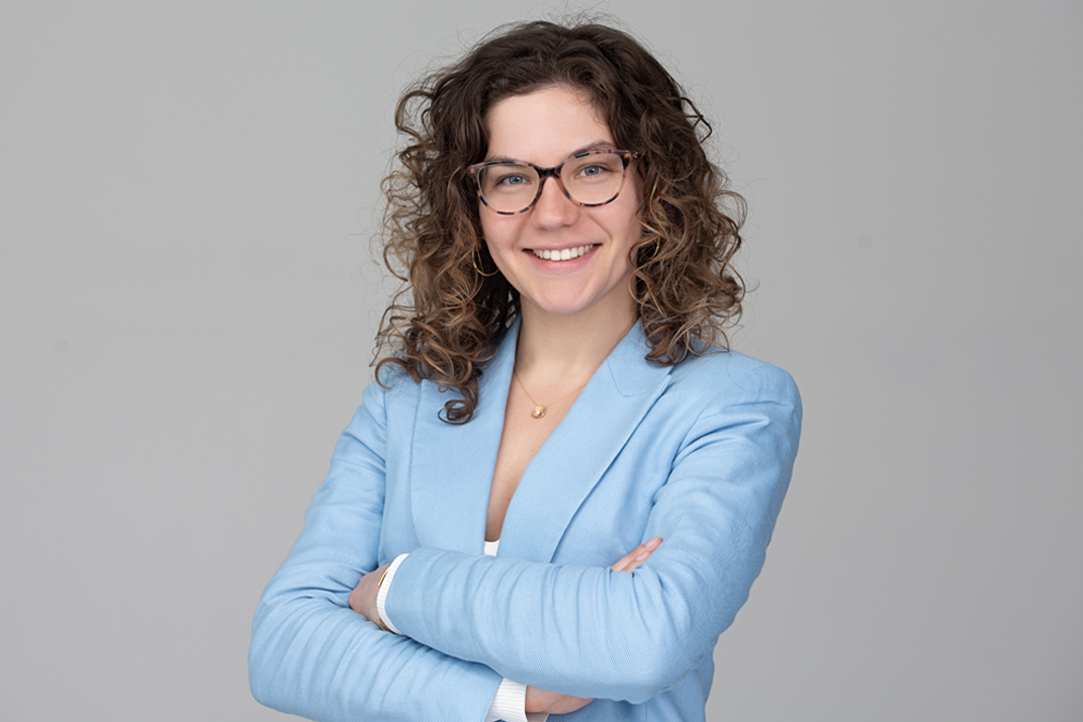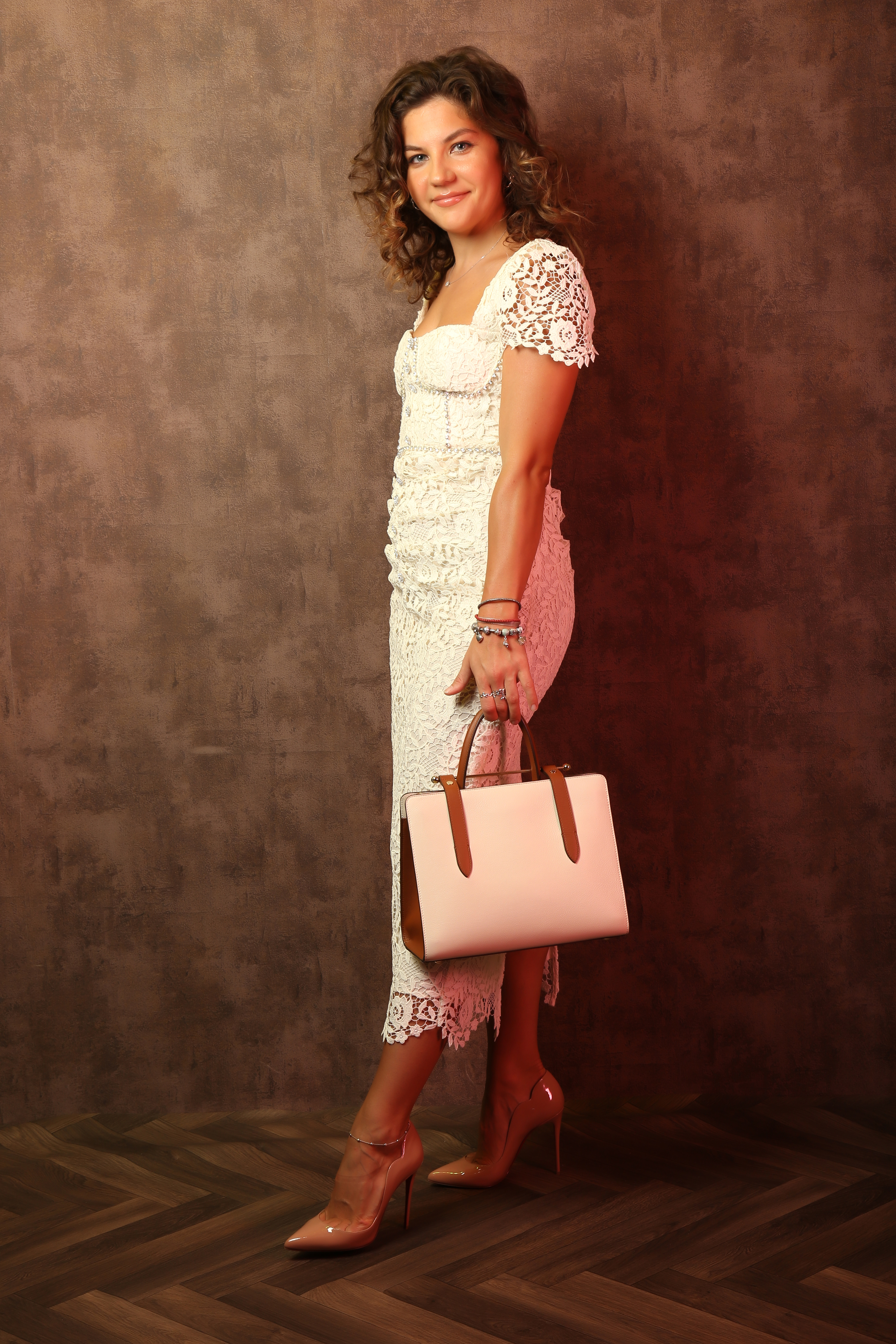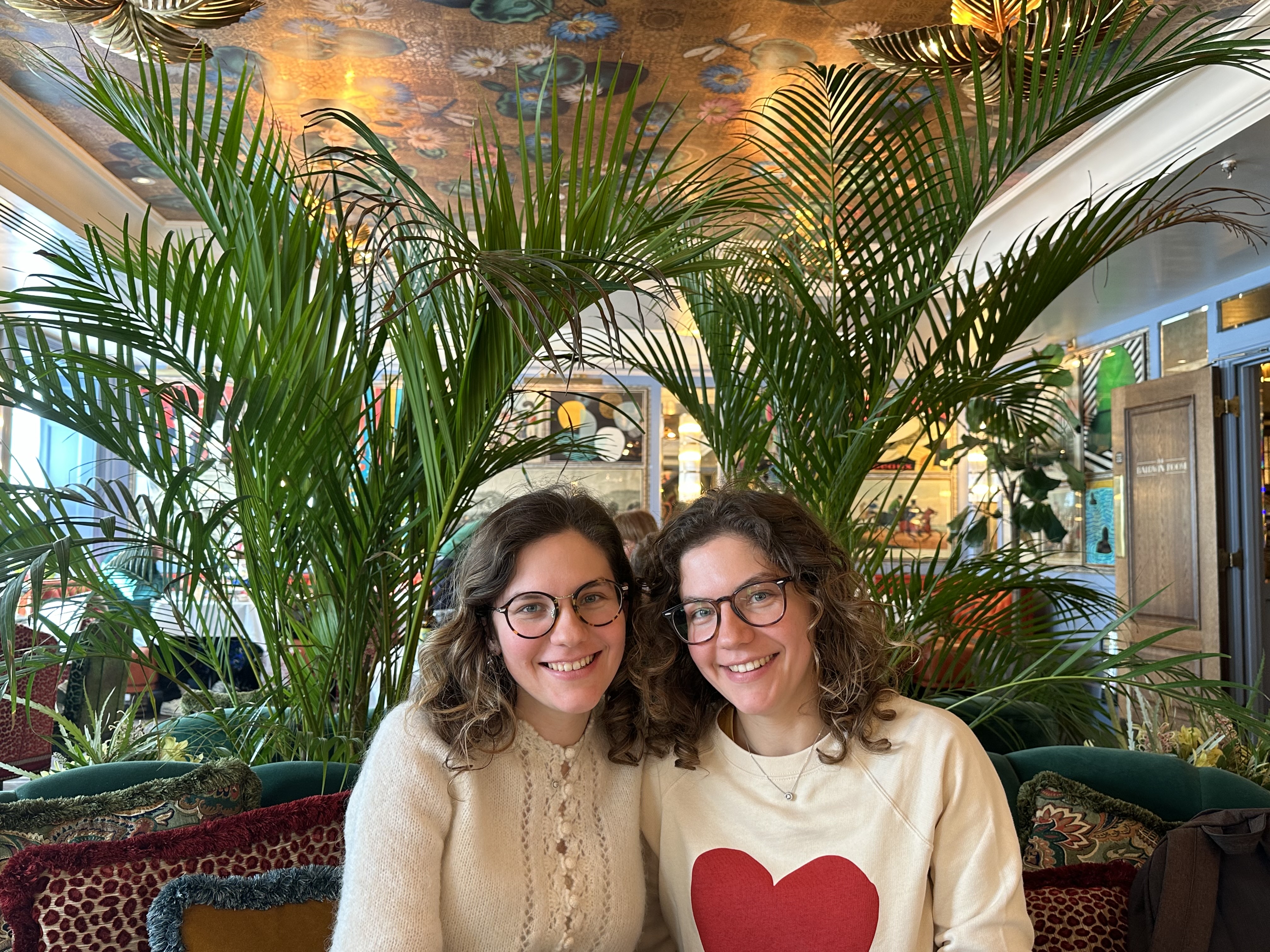Anna Tikhonova, Member of the ICEF Master’s Class of 2016, Vice President at Arena Investors: “ICEF Is About Top Quality Teaching and Curriculum”

Anna, I appreciate your taking the time to answer my questions. Let me start with the basics: how did you decide to do your master’s at ICEF HSE?
HSE was my first-choice university. I entered its Faculty of Economics after graduating high school. There were two things I looked for when choosing my perfect college – quality education and employment prospects. I was among that first cohort of applicants whose high USE score and top places in the academic contests made them eligible for the state-funded places on higher education courses. My portfolio featured exactly a high USE score and couple of wins in academic contests. I learned about ICEF while an undergraduate and I knew what to expect, so it was only natural that I applied. I entered in 2014, through the portfolio competition.
What was your academic experience like and what did you gain from it apart from top professional skillset? You might have a clearer picture now I guess.
It was a good experience, an intense one but captivating. The most important benefit of studying at ICEF is the ability to learn and think – the two super qualities for a professional to have. It’s far more useful to be able to think than binge study, to think outside the box and be prepared to face challenges.
What was your hardest part about studying at ICEF?
My four years as a bachelor’s student of HSE kept me studying at a very high pace, suggesting I would have to keep going at the same high pace in ICEF. But no, I didn’t experience any difficulty studying here.
I’ve always been a top student. And because I love learning, ICEF never felt like burden. It offers top quality teaching and course contents and I greatly appreciated being its student.
Were there any courses you appreciated more than others?
It’s difficult to single out any one course that was more useful than others. Each of them was useful and interesting to learn, whether theoretical or hands-on. But, my having studied so many math-based courses as an economics major was a thing that set me apart from most people in Europe who believe economics is a liberal discipline.

Who of the teachers made the biggest impression on you and why?
All my teachers, as accomplished professionals, delivered their classes in the most engaging way. I wrote both my theses (and several research papers) under the supervision of Professor Boris Demeshev – on the topic of Russian corporate default forecasting. I remember Professor Demeshev as a true enthusiast of what he taught, he would encourage students to nonconventional approaches to data analysis and problem solving.
Interestingly, my first job at Citibank involved analyzing creditworthiness of clients and predicting debt repayment. Now at Arena Investors, I deal with identifying and restructuring of distressed businesses.
What is your most important takeaway from ICEF?
No course is superfluous. Even a seemingly irrelevant topic may one day come useful in the workplace or everyday life.
Continue the phrase: “ICEF is about...”.
…joining an international program that guarantees top quality teaching and curriculum.
Your career began with a summer internship you did at Citibank after your first year of studies. What helped you turn that internship into a full-time job?
My well-honed ability to multitask. I was able to demonstrate my ability to handle large amounts of information and tackle tasks within short timelines, which I owe to my exposure to high-paced learning environment with multiple courses, modules, tests and exams.
My internship at that bank actually turned out an easy journey – more so because I was a fluent English speaker. A specialist with profound knowledge of finance, a hard-working one, with good soft and presentation skills, I soon started to be seen as perfect candidate for junior analyst job.
I was due to start my full-time job at Citi after my second year of studies and I entered that year knowing I was going to become employed.

How were you able to balance having a full-time job and having good grades?
And I balanced those with two more roles – I worked for one year as a teaching assistant at the Department of Econometrics and Mathematics and then joined Coursera as an HSE teaching assistant for the econometrics course. That latter course was being elaborated by Professor Boris Demeshev, with me helping with test questions and answering student queries. It was a very exciting role and if it wasn’t for my huge interest in it I wouldn’t be able to juggle it with studies and thesis writing.
And then you got your master’s and went on to work in corporate banking…
…in Citibank Moscow, where I worked for two years in Corporate Accounts Department (capital markets access and financing). Then, six and a half years ago, I got transferred to London under Citi’s rotational programme upon recommendation from my supervisor. After my six months there I decided to get a permanent placement, and I got one.
How was your career and life unfolding for you in London?
My move to London and Citi’s branch there took place in 2018. In my 8 years of career at Citi, of which 6 were spent in its London office, I switched three departments. In Moscow I covered the Russian metals sector, while my role in London during my first four years was in Banking, Capital Markets and Advisory, where I dealt with Industrials and Natural Resources in EMEA, and for the remaining two years I was in Private Credit Markets.
During that time, I was able to contribute to a whole range of transactions that involved credit analysis for bank capital access (from simple credits to complex loans), finance structuring, international public capital market (e.g. Eurobonds) access, and alternative capital provider search. Unlike many, I tended to start wide and narrow down as I changed departments and specializations, and I think it was a great experience. My responsibilities spanned everything from debt to equity, from senior to subordinate, equipping me with in-depth understanding of the corporate capital.
Was there anything about your living and working in London that seemed unusual or weird and frustrated you at first? Or did you settle into your new team just fine? What was your personal way of adjusting to a new place?
One thing that helped a lot was my proficiency in English. English has been my working language since I joined Citi’s office in Moscow, so I never had any difficulty using it in London. The London office was a much larger team, but I had known many of its members from before, so I settled in with them quite easy. What I did turn out to be new to was the companies and products I was to deal with. Those were the multinationals and banking products that were not presented on the Russian market.
Citi is a highly diverse team. When you work with people from all over the world, it broadens your mind, increasing – and in my case improving – vocabulary. My English sounded too straightforward to many people. It was both my strength and my weakness, but it helped me shape my own style of interaction and communication.
Another thing that came as a big surprise to me was that the knowledge of finance was not a requirement for junior positions.
Six months ago you joined the London office of US-headquartered Arena Investors. What are your current responsibilities and what led you to leave Citi?
I am a Vice President at Arena Investors hedge fund and deal with asset management and restructuring for corporate securities strategy. In other words, I do portfolio analysis of current investment in (small and medium) public companies and those to become publicly traded. I also do the risk analysis and corporate restructuring of distressed businesses. We offer flexible terms and structured financing in the form of convertible debt. Many businesses we deal with are wildcat ventures, so it’s not uncommon that we end up restructuring their capital or providing extra funds, or acquiring them, sometimes via bankruptcy proceedings.
After dealing with so many special vehicles in my structured finance role at Citi, my move to the buy side was only a natural step to next level in my career.
How did you find your new job? Was it difficult? Or did the job find you?
Moving onto a new position, even within the same company, is always difficult – more so when you move to a vice president. It’s a position that hires only rarely. I was communicating with recruiters and tracking vacancies in my desired field until the stars aligned and there opened a position requiring the experience as vast as mine. With me as its first hire, the hedge fund arm of Arena Investors was still emerging, and the task before me was to bring to the job my knowledge of financing and credit analysis to establish the internal processes for addressing complex funding needs or those seeking options outside conventional modes. So, I’m basically creating a new team.
What do you like most about your job and what is its hardest part?
Every day something new is happening, requiring me to stay creative rather than offer conventional financing. I like it. There are tight deadlines to handle, of course, and pressure that sometimes makes it difficult to stay cool even after so many years of experience.
How have you settled into you new work environment?
My current team is not as large as my previous. I work with people from different continents, because I cover international positions. We start the day by looking first at Asia and Australia, then to Europe and Africa, and then we contact North America and South America. I would say that joining a new company in a newly created role is very challenging. There are many things to learn, all at the same time. My colleagues are still figuring out, too, how their roles combine with mine.
Are you a team player? What are some things you learned from your first job and continue to learn?
Yes. In our line of work, we all are. I’m the type who likes interacting and communicating with people, but I’m all about business with my team and strong hard skills are essential here. I get to learn new things every day – legislation, standards, negotiating, business cultures, industries.
How is your life in London? What do you enjoy to do outside of work?
London is a vibrant city with limitless options of things to do. You can never get bored here. This is what I like most about London. My first choice venues are museums, exhibitions, theaters.
When it comes to sports, I’m a cyclist. London has an extensive cycleway network and bikes can be used all year round, no matter what they say. I did more than 12,000 km over the past four years, cycle touring and participating in cycling events and charity bike rides.
This year I’ve traveled 4,000+ km in and around London (the longest trip distance 130 km). One great place to cycle round in London is Richmond Park with scenic routes that run through wooded areas where you can easily come across red deer. Last year I traveled to Vietnam and Cambodia to do a 400 km ride, raising GBP 5,000 for the charity that sponsors cancer research. This year I did my first super sprint triathlon (swim, bike, run) – finished fourth among the women of my age group.
Anna, do you keep in touch with any of your classmates? The ICEF Community isn’t a myth, is it? Have you ever benefited from it or offered help?
Sure. We keep in touch. There are many ICEF graduates working in banks and financial services sector. We all know who is where and are helping one another. The internship that I did at Citi, I learned about it from one of the alumni. He provided a list of open positions for students to apply.
Some of my classmates are my long-time friends, some are people who I turn to for advice, one – Suren Avanyan – is my brother-in-law. He married my twin sister Anastasia, we all studied together in ICEF. My sister serves as Equity Research Vice President at JP Morgan and her husband as Investment Banking Vice President at Citi. They have been working in London for two and a half years. It’s real networking!
And my last question. What advice would you give to ICEF students who are just starting their careers?
If at first you don’t succeed, try, try again. Don’t get upset when people tell you ‘no’. It is often a sign that you may be on the wrong path. Listen to your inner self. Do what interests you, even if your job or unit is seen by some as “less popular”. I am an example of this myself. I started out in a unit of a corporate bank not everyone knew about, but it was in that unit that I learned the ins and outs of the companies’ needs and what my bank could offer. I’m glad I worked there.
Anna Tikhonova:
“Success is relative. I think the most important thing is the ability to continue what you love to do and find new avenues for growth. The financial sector offers many.”